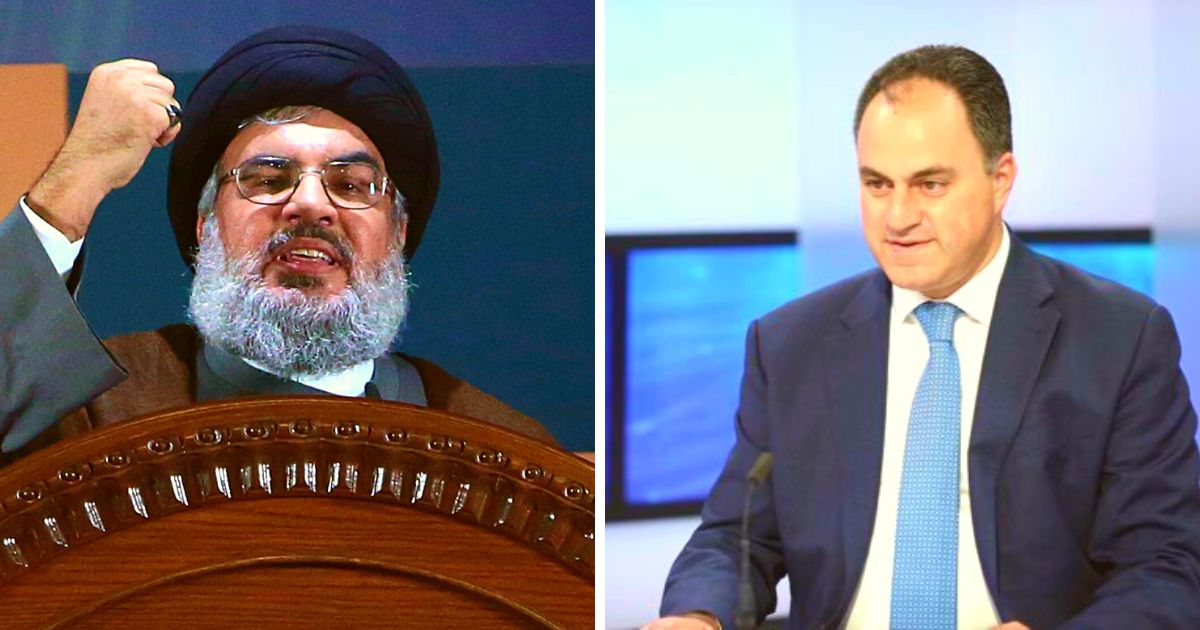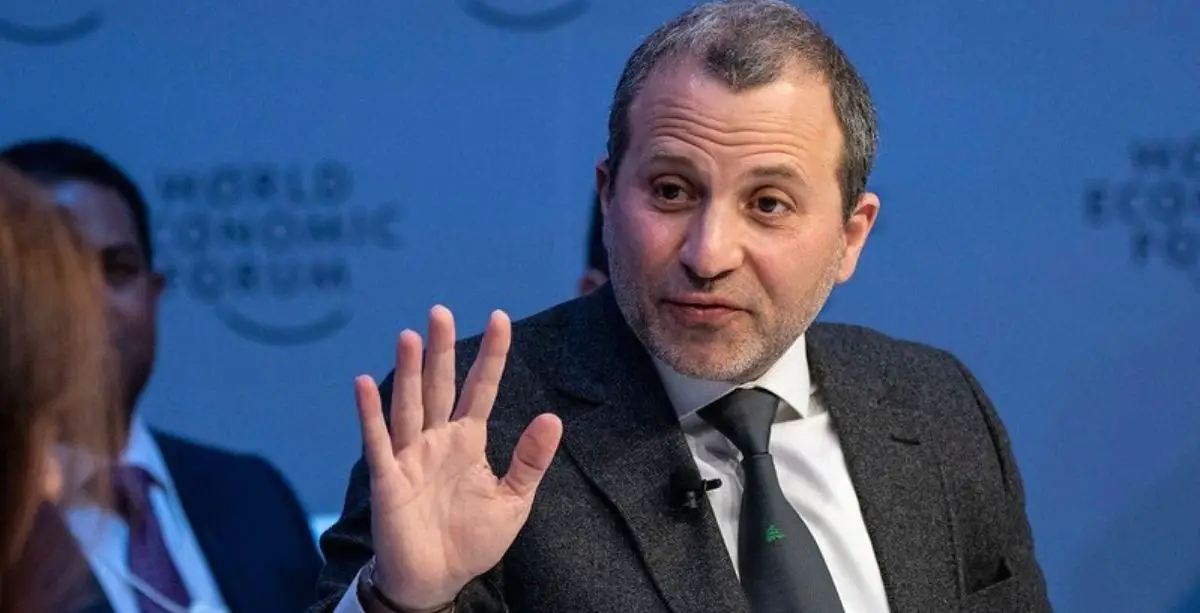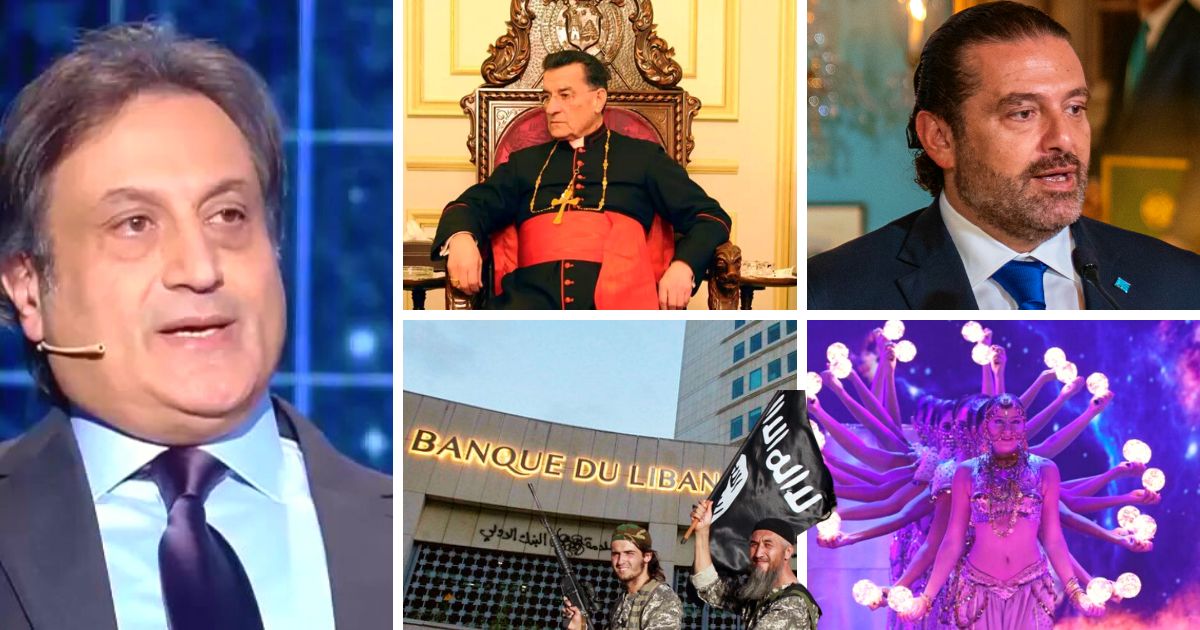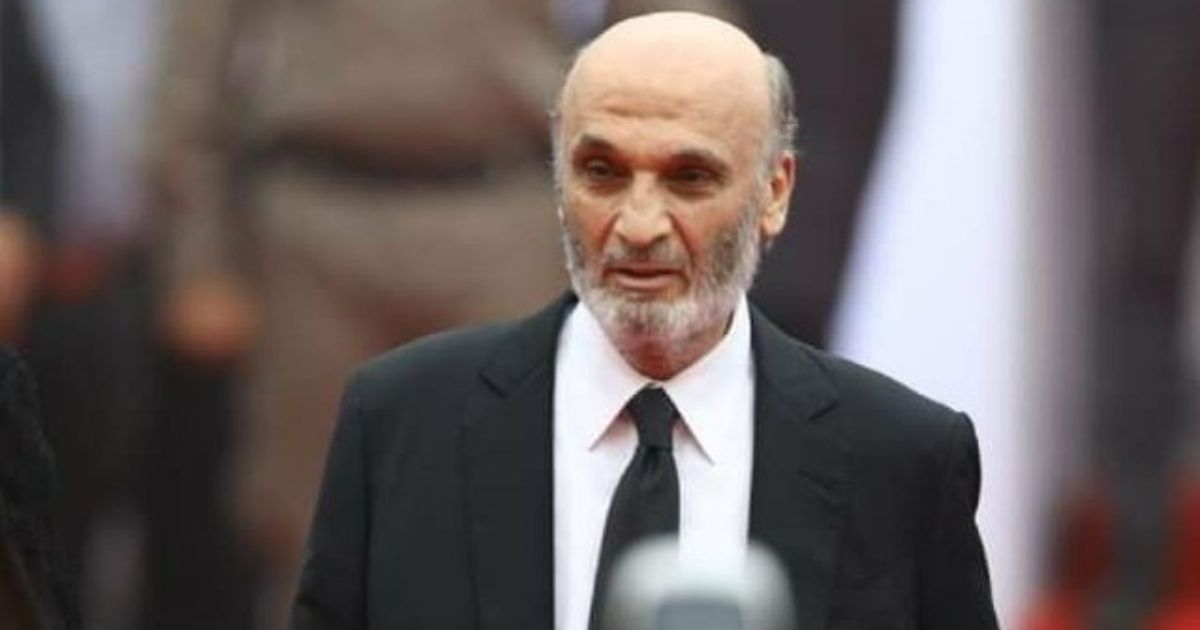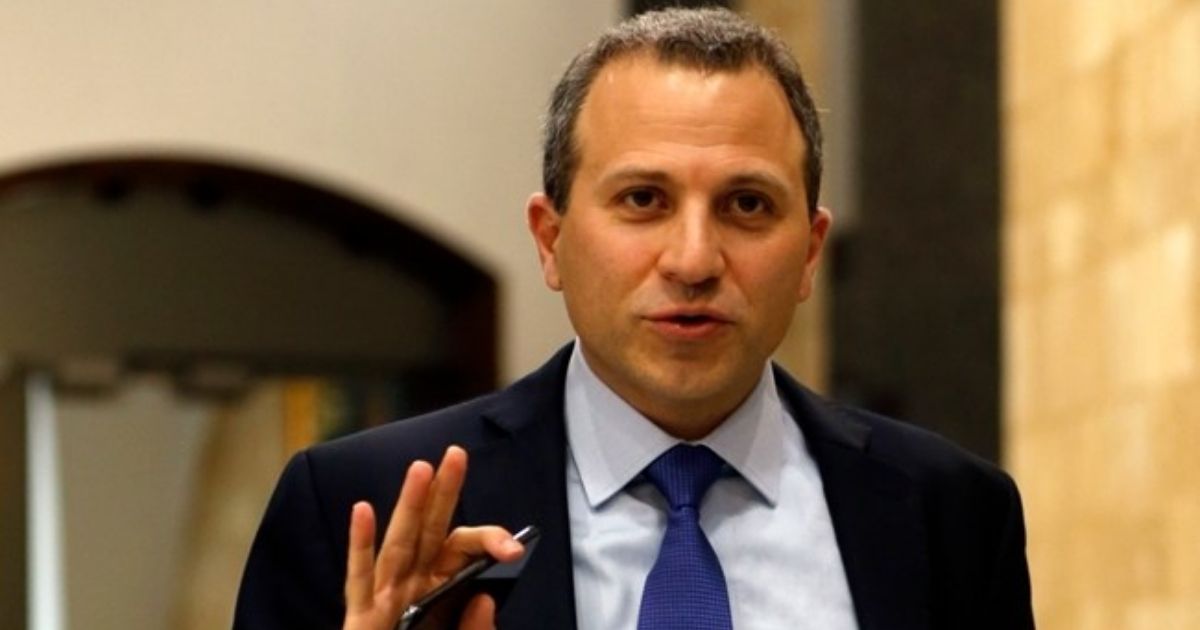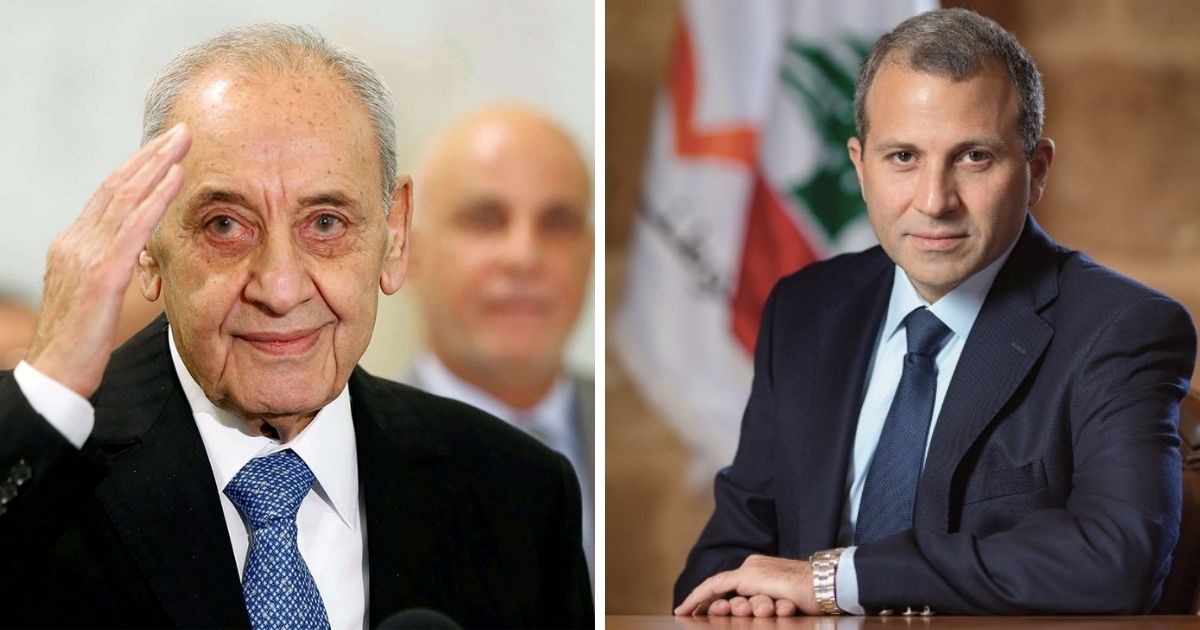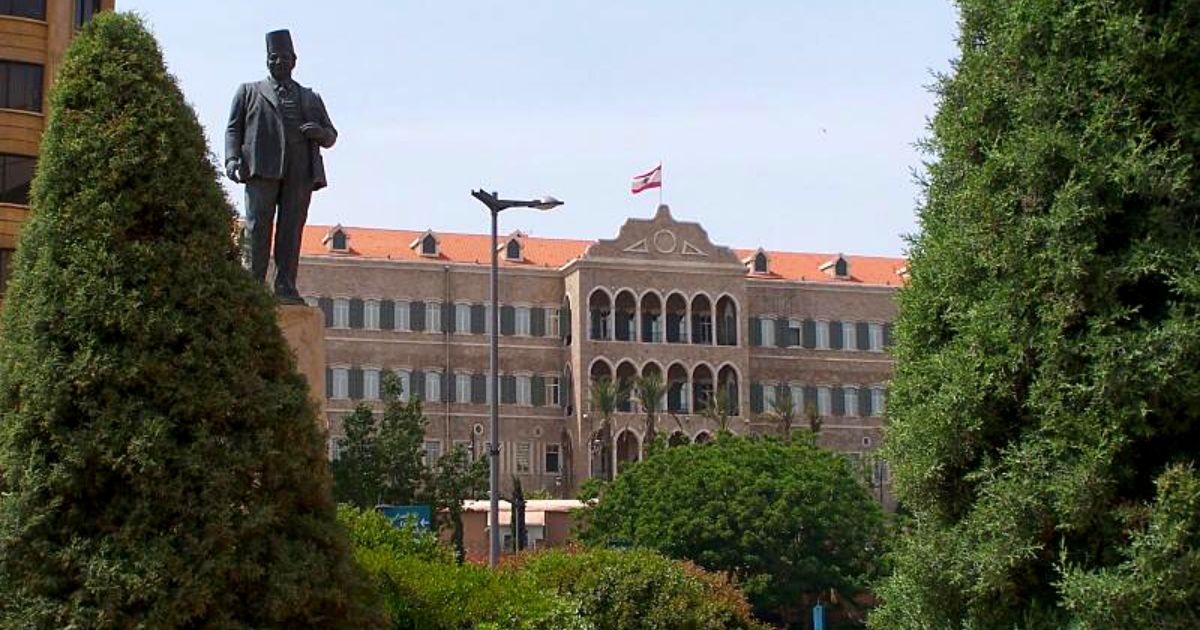According to the Wall Street Journal, the US Treasury notably asked Lebanese banks to freeze all the assets of Gebran Bassil, the leader of the Free Patriotic Movement, following the sanctions imposed on him as of Friday.
US Assistant Secretary of State for Middle Eastern Affairs David Schenker told LBCI that the sanctions will target “his financial resources and his bank accounts.”
According to the US official, these sanctions “will show how the United States feels about Bassil’s corruption during the past years, in addition to his relationship with Hezbollah, which has allowed corruption to flourish.”
In response to a question about whether the sanctions against Bassil will affect the process of forming the government, Schenker answered: “I do not see a reason for that, as these sanctions are independent [from the government].”
These sanctions include the freezing of Bassil’s assets in the United States as well as barring him from entering the country.
All property and interests in property of Gebran Bassil, “and of any entities that are owned, directly or indirectly, 50 percent or more by him, individually, or with other blocked persons, that are in the United States or in the possession or control of U.S. persons, are blocked and must be reported to OFAC,” issued the Office of Public Affairs of the U.S. Department of the Treasury.
The sanctions, under the OFAC’s regulations, also prohibit all transactions involving Bassil and his properties or interests in property, provision of funds, goods, or services by any American citizens and entities.
Whether the banks in Lebanon will abide by the request of the U.S. Treasury to freeze Bassil’s assets or not, the above sanctions will still come in the way of any banking transactions from Lebanon, and elsewhere, with banks, services, properties, and entities in the United States.
Bassil struck back in a defensive note, saying that he was accustomed to injustice. “The sanctions did not scare me nor did the promises tempt me,” he responded in a tweet shortly after the sanctions announcement.
Earlier this year, when asked about the possibility of being sanctioned by the U.S. for his ties with Hezbollah, Gebran Bassil told The Wall Street Journal that working with the group was a political reality in a country in which it is a dominant party.
According to the Arab News, Bassil was in violation of President Donald Trump’s Executive Order 13818, which targets rights abuses and corruption under the 2015 Magnitsky Act.
“The systemic corruption in Lebanon’s political system exemplified by Bassil has helped to erode the foundation of an effective government that serves the Lebanese people,” stated US Secretary Steven T. Mnuchin.
“This designation further demonstrates that the United States supports the Lebanese people in their continued calls for reform and accountability,” he added.




